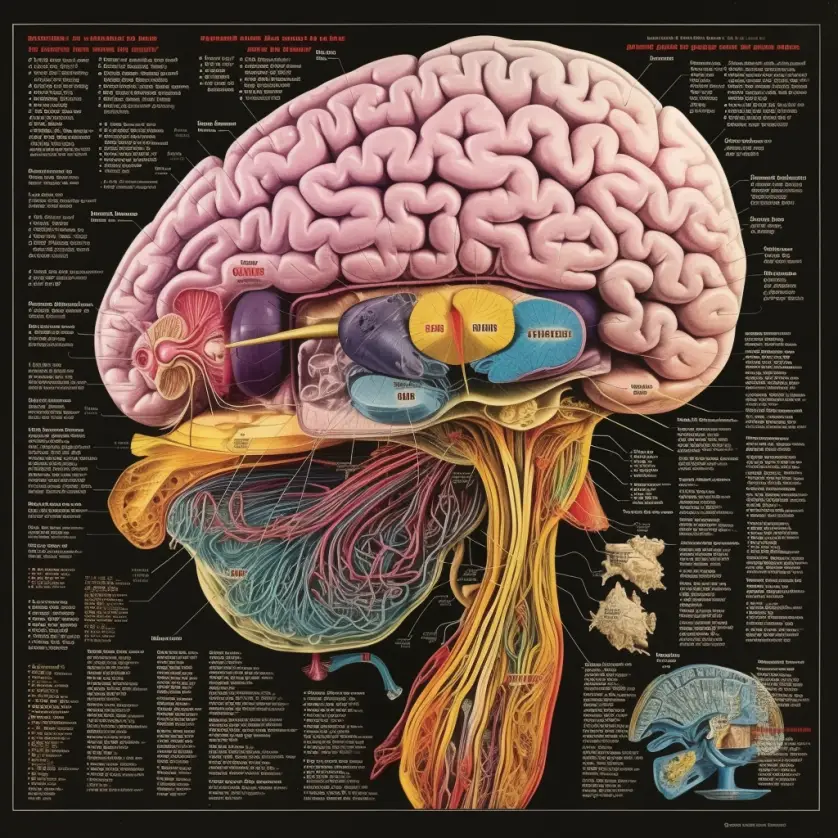Unraveling genetic influences on sleep patterns and optimizing sleep for better health, well-being, and quality of life.
Sleep and Epigenetics: Unraveling the Genetic Influence on Sleep Patterns
Delve into the intricate relationship between sleep and epigenetics, shedding light on how our genes influence sleep patterns. This article explores the role of genetic factors in sleep regulation and uncovers the impact of epigenetic modifications on our sleep quality. By understanding the genetic underpinnings of sleep, we can gain insights into optimizing our sleep habits for improved health, well-being, and overall quality of life.
The Influence of Genes on Sleep Patterns
Genetic factors play a significant role in determining our sleep patterns, including sleep duration, quality, and timing. Research has identified specific genes associated with various aspects of sleep, such as circadian rhythms and sleep disorders. These genes contribute to individual variations in sleep needs and preferences. By exploring the genetic influences on sleep architecture, we can better comprehend the complexities of sleep regulation and its impact on our overall well-being.
Epigenetics: Modifying Gene Expression for Sleep Optimization
Epigenetics, the study of changes in gene expression without alterations in the DNA sequence, provides valuable insights into how we can modify our genetic predispositions for optimal sleep. Epigenetic modifications influenced by environmental factors, lifestyle choices, and daily routines can impact our sleep quality. By adopting healthy sleep hygiene practices, ensuring exposure to natural light, managing stress levels, and prioritizing a conducive sleep environment, we can positively influence our epigenetic markers related to sleep. These modifications can help regulate sleep patterns, improve sleep quality, and contribute to our overall health and well-being.
Personalized Sleep Recommendations based on Genetic Markers
Advancements in genetic research have paved the way for personalized sleep recommendations based on an individual's genetic markers. Genetic testing can provide insights into an individual's unique sleep requirements, vulnerabilities to sleep disorders, and response to specific sleep interventions. Understanding one's genetic predispositions to certain sleep-related traits can help tailor sleep strategies and interventions to optimize sleep health. The emerging field of precision sleep medicine holds promise for revolutionizing sleep health by customizing interventions based on individual genetic profiles, ultimately improving sleep outcomes and overall quality of life.
Optimizing Sleep for Better Health, Well-being, and Quality of Life
Understanding the interplay between genetics and sleep empowers us to make informed choices to optimize our sleep for better health, well-being, and overall quality of life. In addition to genetic influences, adopting evidence-based strategies can improve sleep hygiene, enhance the sleep environment, and establish consistent sleep routines. Regular exercise, a balanced diet, stress management techniques, and mindfulness practices can positively influence sleep patterns based on our genetic predispositions. By harnessing this knowledge, we can unlock the potential for improved sleep, enhanced physical and mental health, and a better overall quality of life.
Conclusion
The study of sleep and epigenetics unravels the genetic influence on our sleep patterns and provides valuable insights into optimizing our sleep for better health, well-being, and overall quality of life. By recognizing the role of genes in sleep regulation and understanding how epigenetic modifications can be influenced, we can make targeted interventions to improve our sleep quality. Embrace the power of personalized sleep recommendations, evidence-based strategies, and lifestyle modifications to transform your sleep habits and enhance your overall quality of life. Prioritizing sleep as an integral part of your well-being journey can lead to profound benefits and a more fulfilling life.






